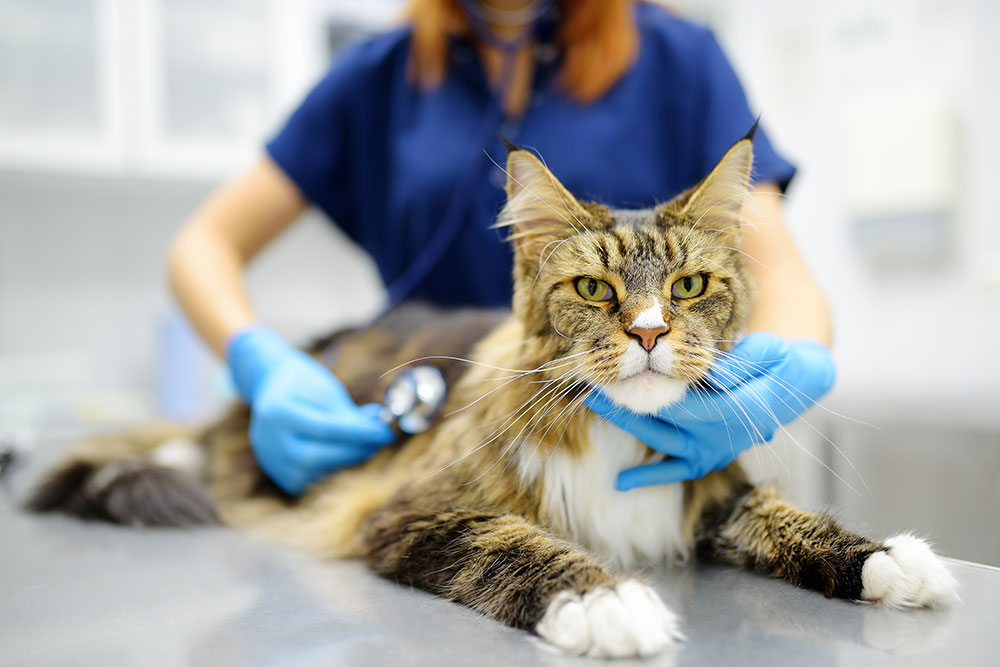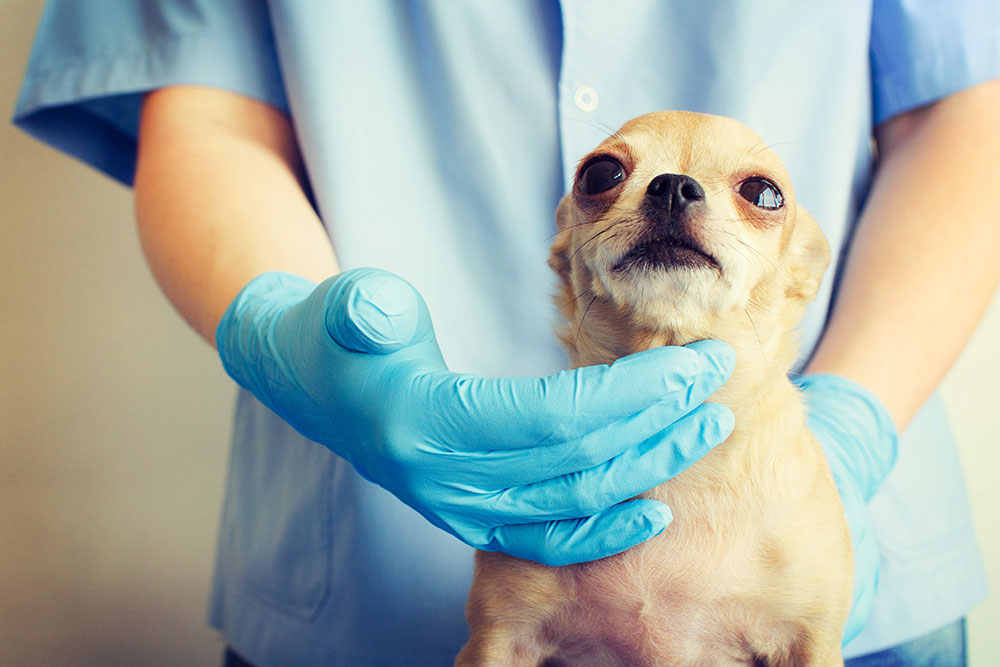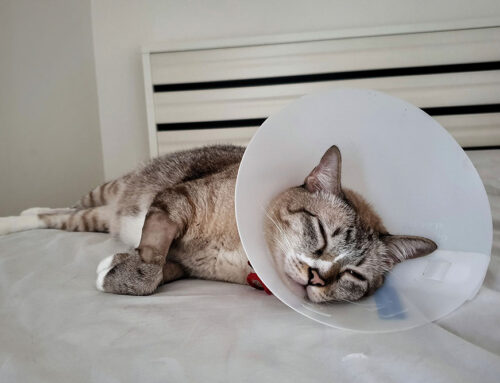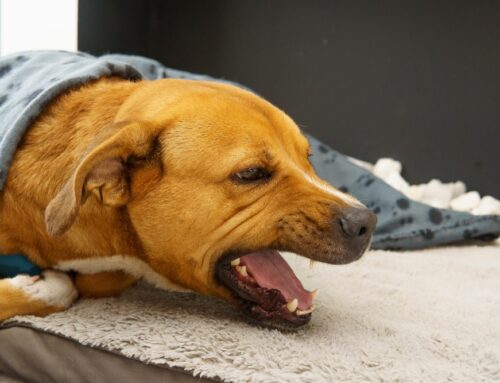At Oliver Animal Hospital, we are proud of our dedicated team of veterinary professionals, and one of the most essential roles in pet care is that of the veterinary technician (RVT, CVT, LVT). Although their title (registered, certified or licensed) varies slightly depending on their state licensing regulations, all of these professionals are highly trained to support veterinarians and provide hands-on care to your pets. But what exactly do veterinary technicians do, and how do they contribute to your pet’s well-being?
What is a Registered/Certified/Licensed Veterinary Technician?
A registered, certified, or licensed veterinary technician is a veterinary professional who has completed formal education and training, passed the Veterinary Technician National Exam (VTNE), and is licensed by their state to perform various medical tasks under the supervision of a veterinarian. Their role can be compared to that of a nurse in human medicine. In Texas, our veterinary technicians have earned the title of “Licensed Veterinary Technicians”
Education and Certification of Veterinary Technicians
To become a veterinary technician, individuals must complete a comprehensive veterinary technology program that usually lasts two to four years. Upon completion, they must pass the Veterinary Technician National Exam (VTNE), which covers topics such as animal care, surgery, and anesthesia. Once certified, they may hold titles like RVT, CVT, or LVT, depending on the state.
Key Responsibilities of Veterinary Technicians
Veterinary technicians wear many hats within a clinic or hospital setting, and their duties are essential to the daily operations of pet healthcare. Some of the core responsibilities include:
- Administering Anesthesia: Veterinary technicians monitor and manage anesthesia during surgeries, ensuring your pet’s safety from the start to the end of the procedure.
- Performing Dental Cleanings: Just like humans, pets need routine dental care. Technicians perform cleanings to prevent dental diseases and maintain oral health.
- Lab Work and Diagnostics: They perform diagnostic tests such as bloodwork, urinalysis, and X-rays, helping veterinarians identify underlying health conditions.
- Patient Care and Medication Administration: Veterinary technicians are responsible for administering medications and ensuring that hospitalized pets are comfortable and receiving proper care.
- Assisting in Surgery: They play a key role in preparing pets for surgery, assisting veterinarians during operations, and providing post-surgical care.
Their knowledge and skill set extends to patient education as well. Veterinary technicians often educate pet owners on topics such as proper nutrition, dental care, and administering medications at home.

The Role of Veterinary Technicians in Preventive Care
Veterinary technicians are not only involved in emergency and surgical care but also play a significant part in preventive health care. During wellness exams at Oliver Animal Hospital, technicians:
- Collect Vital Signs: They often begin the appointment by checking your pet’s weight, temperature, and other key health indicators.
- Administer Vaccinations: Technicians ensure pets are protected against diseases like distemper, and parvovirus by administering routine vaccinations.
- Educate Pet Owners: Whether it’s guiding pet owners on nutrition or advising on parasite prevention, veterinary technicians provide valuable insights that help keep pets healthy.
Veterinary Technicians vs. Veterinary Assistants
It’s common for people to confuse veterinary technicians with veterinary assistants, but their roles differ significantly. While both are essential members of the veterinary team, their duties are distinct:
- Veterinary Technicians: Licensed professionals who have completed formal education and training. They are authorized to perform medical tasks like anesthesia monitoring, diagnostic tests, and administering treatments.
- Veterinary Assistants: Support staff who help with basic animal care tasks like cleaning, feeding animals, and assisting with restraining pets during examinations.
We Couldn’t Do What We Do Without Our LVTs
Veterinary technicians are invaluable members of the healthcare team at Oliver Animal Hospital. Their expertise, dedication, and compassion ensure that your pets receive the best care possible every time they come through our doors. If you have any questions about how our veterinary technicians contribute to your pet’s well-being or want to schedule an appointment, feel free to contact us today.







Leave A Comment